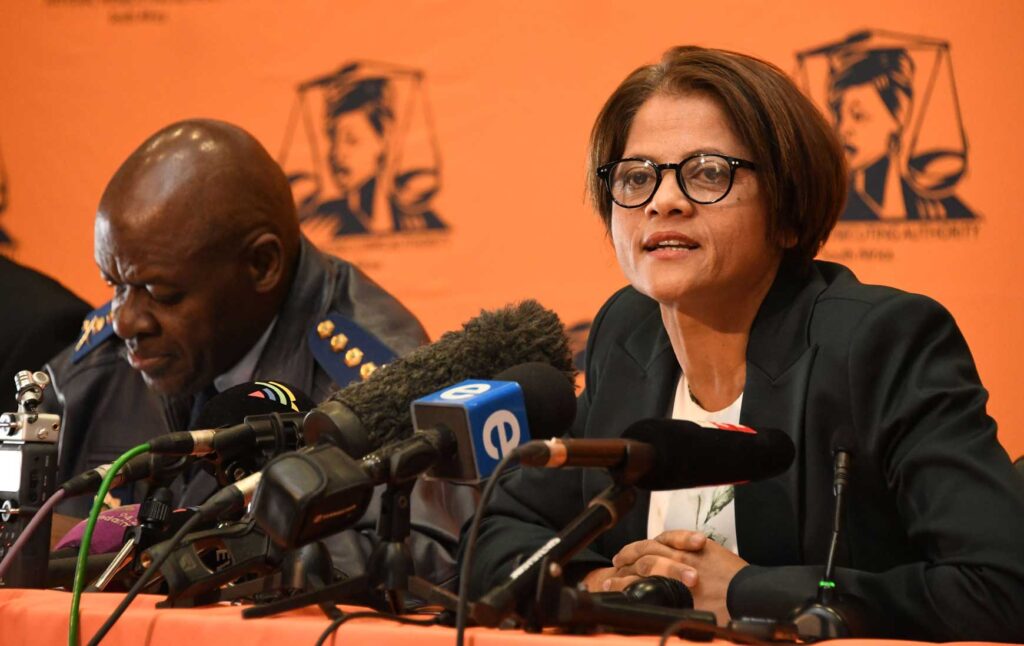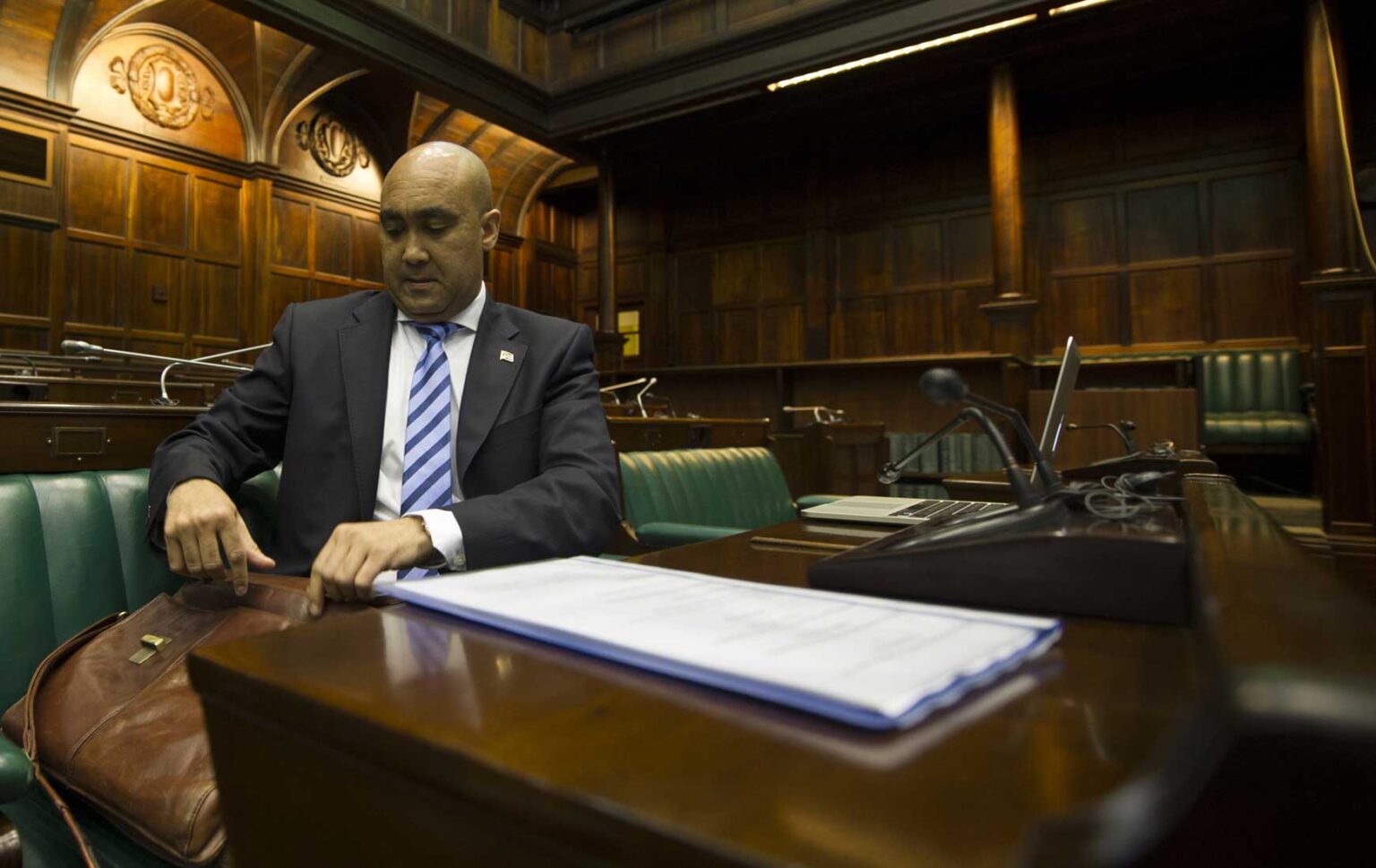Corruption continues to plague African nations, impeding socio-economic development and eroding trust in governance. Currently, Africa is estimated to be losing more than $50 billion annually in Illicit financial flows (IFFs), facilitated by corruption.
The billions lost annually to IFFs continue to exacerbate poverty, hindering the continent’s progress. Corruption remains a significant challenge across many African states, undermining efforts towards sustainable development, economic growth, and social progress. In the fight against corruption, Supreme Audit Institutions (SAIs) and National Prosecution Authorities (NPAs) play pivotal roles in upholding accountability, promoting transparency, and fostering good governance. This article explores the critical functions of SAIs and NPAs in countering corruption in Africa, examining their efforts, challenges, and impact through illustrative cases.
SAIs are the guardians of public funds and the watchdogs of government accountability. They are tasked with auditing government expenditure, evaluating the efficiency and effectiveness of public programmes, and uncovering instances of financial mismanagement and corruption. Through their audits, SAIs identify systemic weaknesses, highlight areas of concern, and recommend corrective actions to improve governance.
Similarly, NPAs are responsible for investigating and prosecuting cases of corruption and financial crimes. They work closely with law enforcement agencies, anti-corruption bodies, and judicial authorities to hold perpetrators accountable for their actions and ensure justice is served. NPAs play a crucial role in deterring corruption by prosecuting offenders and recovering stolen assets.
Collaboration between SAIs and NPAs is essential for effectively combating corruption in Africa. This collaborative relationship involves close coordination, information-sharing, and joint efforts to investigate and prosecute cases of corruption and financial crimes. The collaboration can be characterised by:
- Information Sharing: SAIs possess valuable insights from their audits, including findings of financial irregularities, instances of mismanagement, and potential cases of corruption. By sharing this information with NPAs, SAIs contribute to the identification and prioritisation of cases for investigation and prosecution. Likewise, NPAs provide SAIs with feedback on the outcomes of investigations and prosecutions, enabling SAIs to assess the impact of their audit findings and recommendations.
- Joint Investigations: Cooperative investigations between SAIs and NPAs leverage the respective expertise and mandates of both institutions. SAIs can conduct preliminary investigations to gather evidence and identify irregularities, while NPAs lead the legal proceedings and prosecutions based on the findings. Joint investigation teams of auditors and prosecutors can streamline the investigative process, enhance the quality of evidence, and expedite legal proceedings.
- Coordinating Prosecutions: In addition to conducting joint investigations, SAIs and NPAs collaborate on coordinating prosecutions to ensure the effective pursuit of legal action against corrupt individuals and entities. This coordination involves aligning strategies, sharing legal expertise, and prioritising cases based on their severity and impact. By coordinating prosecutions, SAIs and NPAs avoid duplication of efforts, streamline legal proceedings, and maximise the use of limited resources. Moreover, coordinated prosecutions send a strong message of deterrence to would-be offenders, demonstrating the commitment of both institutions to holding perpetrators of corruption to account. Through regular communication and cooperation, SAIs and NPAs foster a seamless process from investigation to prosecution, ultimately leading to successful convictions and the recovery of stolen assets for the benefit of society.
- Capacity Building: Collaboration between SAIs and NPAs extends to capacity-building initiatives aimed at enhancing the skills and capabilities of staff members. Training workshops, seminars, and knowledge-sharing sessions facilitate the exchange of best practices, methodologies, and lessons learned in auditing, investigation, and prosecution. By investing in the professional development of their personnel, SAIs and NPAs strengthen their collective capacity to effectively combat corruption.
- Policy Advocacy: SAIs and NPAs can collaborate on policy advocacy efforts to promote legislative and institutional reforms, and anti-corruption initiatives. Together, they advocate for legal frameworks that empower both institutions to fulfil their mandates independently and without interference. By advocating for greater transparency, accountability, and integrity in governance, SAIs and NPAs contribute to creating an enabling environment for anti-corruption efforts.
- Public Awareness: Collaborative campaigns and joint outreach programmes raise public awareness about the detrimental effects of corruption and the importance of accountability and transparency. Through public engagements, media campaigns, and educational initiatives, SAIs and NPAs inform citizens about their rights, encourage whistleblowing, and foster a culture of integrity and ethics in society. By engaging with stakeholders, including civil society organisations, academia, and the media, SAIs and NPAs amplify their anti-corruption message and mobilise support for their efforts.

In Kenya, the Office of the Auditor General (OAG) and the Office of the Director of Public Prosecutions (ODPP) have established a robust collaborative relationship to combat corruption and enhance accountability. The OAG conducts thorough audits to identify instances of financial mismanagement, fraud, and corruption within government institutions. Upon uncovering irregularities, the OAG shares its findings with the ODPP, providing comprehensive evidence to support potential prosecutions. For example, in a recent audit of a government procurement process, the OAG discovered evidence of bid rigging and embezzlement. This information was promptly relayed to the ODPP, facilitating the initiation of criminal proceedings against the implicated individuals.
The ODPP works closely with the OAG to prioritise cases with significant implications for public trust and financial integrity. By aligning their prosecutorial strategies, the ODPP ensures that cases referred by the OAG receive prompt attention and are prosecuted effectively. In the aforementioned procurement fraud case, the ODPP assigned a dedicated team of prosecutors to handle the matter, expediting the legal process and sending a strong message of deterrence against corrupt practices. The OAG and the ODPP also jointly spearhead public awareness campaigns to educate citizens about the detrimental effects of corruption and the importance of holding those who abuse public trust to account.
In Ghana, the Auditor General’s department collaborates closely with the Directorate of Public Prosecutions (DPP) to investigate and prosecute cases of corruption and financial mismanagement. Joint investigations conducted by auditors and prosecutors have resulted in successful prosecutions and convictions of corrupt officials, leading to significant recoveries of misappropriated funds and assets. This partnership exemplifies the power of synergy between SAIs and NPAs in combating corruption. However, challenges arise when cases the DPP has investigated are handed to the Supreme Court, which disempowers the DPP from prosecuting the case.
Despite their critical roles, SAIs and NPAs face numerous challenges in combating corruption, including limited resources, institutional capacity constraints, political interference, and legal obstacles. Addressing these challenges requires sustained commitment from governments, support from international partners, and the strengthening of legal frameworks and institutional capacities.
In conclusion, the collaborative relationship between Africa’s SAIs and NPAs represents a powerful alliance in the fight against corruption and the promotion of accountability, transparency, and good governance. Through their concerted efforts, SAIs and NPAs play pivotal roles in identifying, investigating, and prosecuting corruption cases, ensuring that perpetrators are held accountable for their actions. As Africa continues to confront the challenges posed by corruption, the partnership between SAIs and NPAs serves as a beacon of hope, demonstrating the tangible impact that can be achieved through collective action and cooperation. By nurturing this collaborative relationship and building on past successes, SAIs and NPAs can drive meaningful change, promote sustainable development, and pave the way for a future where corruption holds no place in the governance landscape of African nations.

Christine Dube is Head of the Governance Insights and Analytics programme. She completed her Bachelor of Social Sciences degree in Industrial, Organisational and Labour Studies in 2011, her Honours in Commerce in 2012, and her Master of Commerce at the University of KwaZulu-Natal in 2013. Her experience includes risk analysis, finance, administration as well as marketing and sales. Her interests include monitoring economic and social developments.



